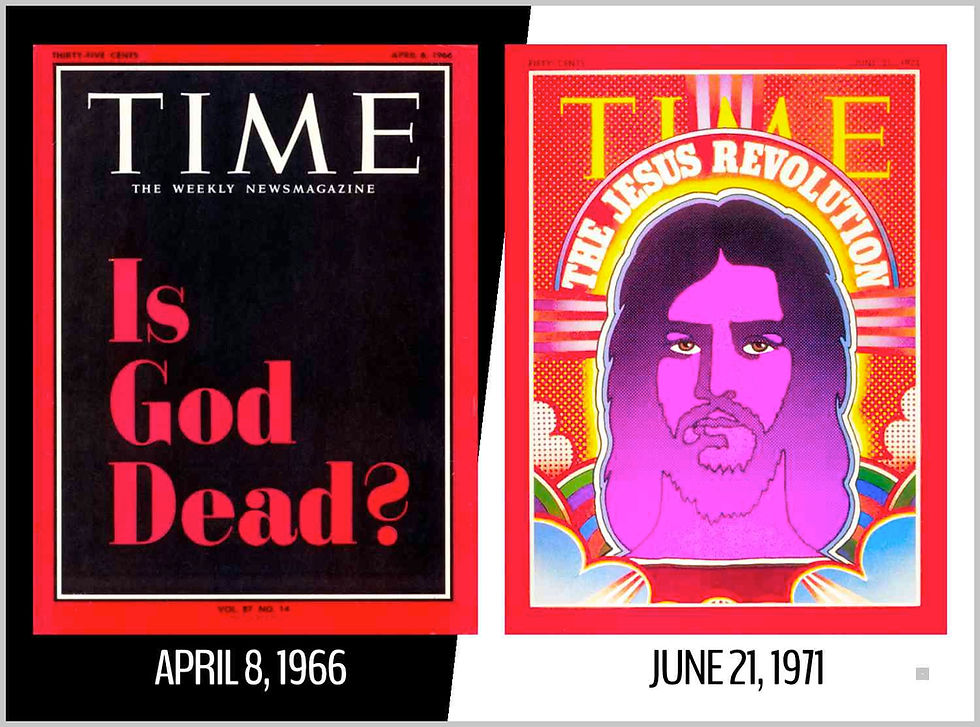De-Cluttering…and Choice-Making
- Apr 20, 2025
- 3 min read

Back in the day when I actually used paper (I’ve been essentially paperless for over two decades), I would periodically end up with neatly ordered piles of papers on my desk like mini-skyscrapers.
I had a couple of filing cabinets, but they were filled. There was a methodology to my stacks, but it had one major flaw: I’m an obsessive minimalist when it comes to workspace. Clutter doesn’t just distract me—it paralyzes me. I can’t explain how it disrupts my mental feng shui.
For me, it feels exactly like trying to sleep when I have a dozen issues swirling around in my head that need to be dealt with. The only way I can sleep—and by the way, prayer doesn’t help me—is to actually get out of bed, flip my Macbook open, and exorcise them to my “to do” list. The insomnia mysteriously fades away.
One day, in utter frustration because of the piles on my desk, I retrieved a huge shopping bag, placed it on the floor at one end of my desk, and with a simple sweep of my arm, pushed everything over the edge into the bag and carried it out to the trash. I felt liberated. Free.
Obviously there are some flaws to this system.
But my theory was: if no one screamed within the next week or so, it must not have been that important. I had developed a new way of regularly shaking the proverbial Etch-A-Sketch upside-down: it was the Workman Shopping Bag Office Management System ®.
You're welcome.
That was many moons ago. Now we live in a world of zeroes-and-ones. After developing a simple but effective virtual filing system and demanding that I don’t want anything given to me if it’s not digitized, I had achieved a Zen-like state of clutterlessness. Of course I regularly back up. And don’t even get me started on the beauty of various search functions.
But let’s get honest, leaders. It’s not just the clutter…it’s the choices that are implied in those piles.
Twenty years ago there were 700,000 different consumer goods in America. Today, Amazon itself offers over 350 million products. It’s been estimated that a single issue of the New York Times contains more information than a seventeenth-century Englishman would have in a lifetime. And who even buys a newspaper today?
I think the most difficult thing we swim in—without an awareness of its wetness—is the innumerable little choices we make every hour. When my friend Emmanuel first came to America from Nigeria, he was paralyzed the first time he walked into a supermarket to buy some tea, facing shelf after shelf of selections and types of teas. He said it took him weeks to get the courage to go back.
I have a feeling that the clutter piles on our desks represent deferred choice-making. Choices that we’ll get to later. We may be inadvertently ranking priorities in our stacks.
I find the same thing with organizations—it’s the dilemma of not only what to choose to do or not do, but the overwhelming number of decisions that must be made. For leaders, what are the choices you must make that are unique to your role? I suggest that lead pastors and executive directors of nonprofits narrow the choices they make to focus on the following in the context of leading an executive team (and if you don’t have an “executive team”—a leadership team—that is one of the first things to develop):
1. Defining the Long-Term Vision. This is simply about where we are going and why.
2. Atmosphere Architecture. Creating the corporate culture is critical—what’s the vibe of your staff and volunteers? A big part of this is getting the right people in the right seats.
3. Ensuring the Organization is Strategic. Strategizing and mobilization may not be your personal strengths, but you must make sure it’s happening…and that you’re a part of the process.
4. Crisis Management. It’s not if a crisis happens; it’s when. Leaders must take the lead in navigating an organizational crisis.
5. Be the Values Czar. You set the tone for authenticity, transparency, and accountability.
6. Own It: You’re the Face. You must learn to communicate to stakeholders, boards, outsiders, and inspire your insiders. You must become adept at communication.
These are your primary decision-making duties. Anything else may be clutter.
Is it time for you to reduce the clutter…and the choices that are buried in them?
Dave Workman | The Elemental Group
Wonder why visitors come but don’t stick? Vibe is a unique tool to help reengineer your “first impressions”. See it in action here!



Comments